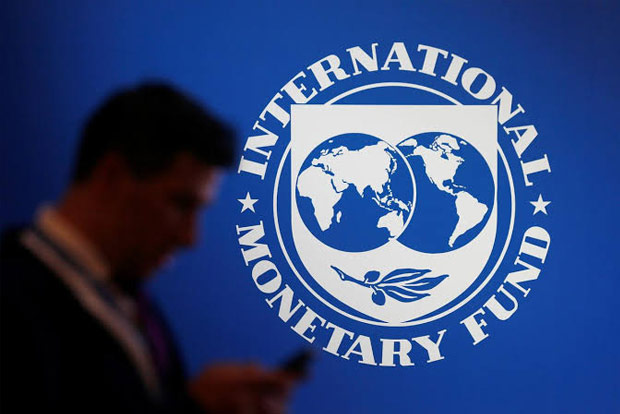The government is entering discussions with the International Monetary Fund (IMF) as concerns arise over the country’s fiscal situation. The IMF’s mission will evaluate the government’s fiscal health, particularly in light of the first quarter of the current fiscal year, where debt servicing outstripped the federal government’s net revenue receipts.
Despite reducing spending on development projects and curbing subsidies, the government is determined to meet its budget deficit targets, which include converting the primary deficit into a surplus during the first quarter of this fiscal year 2023-24.
However, concerns might be raised regarding the sustainability of this fiscal strategy due to shortfall in development spending, amounting to just Rs40 billion compared to the planned Rs950 billion, and limiting subsidies to just Rs2.5 billion from allocated Rs1,002 billion.
Officials from the Ministry of Finance anticipate a decline in policy rates in the coming months. As a result, they plan to finance the budget deficit over longer periods instead of relying on short-term treasury bills and domestic bonds.
The objective is to extend the average time to maturity to reduce the overall debt servicing costs for the remainder of the fiscal year, while keeping debt servicing expenses within the allocated range of Rs7.3 to Rs7.5 trillion for the year.
During the first quarter of the current fiscal year, debt servicing amounted to Rs1.4 trillion, with the policy rate remaining at 22%. The State Bank of Pakistan (SBP) recently exceeded its target by raising Rs1,148 billion, surpassing the Rs975 billion goal by Rs173 billion.
As the government grapples with the challenge of meeting its increasing revenue and expenditure demands for the remaining months of the fiscal year, questions have arisen regarding the duration of delayed subsidy payments, the constrained development budgets, and the provinces’ ability to generate revenue surpluses, especially given statistical discrepancies associated with Punjab.
The IMF may recommend measures to reduce expenditures or increase tax revenues to meet the desired budget deficit targets for the fiscal year.
The current fiscal situation indicates a lower deficit at 0.9 percent compared to the previous year and a primary surplus of 0.4 percent.
The figures for meeting spending on income support, amounting to Rs87.5 billion, are also expected to have been achieved. While the State Bank of Pakistan has not yet released details about net international reserves, net domestic assets, and SBP’s stock of net foreign currency swaps, assurances suggest that the numbers appear favorable.
There has been no new borrowing by the government from the SBP, and government guarantees remain within the agreed limits. Additionally, energy benchmarks are expected to align with the agreed standards.
The IMF’s review will also assess the quality of Pakistan’s adjustments in achieving the first-quarter targets, influencing how the fiscal year 2024 targets will be met.

























